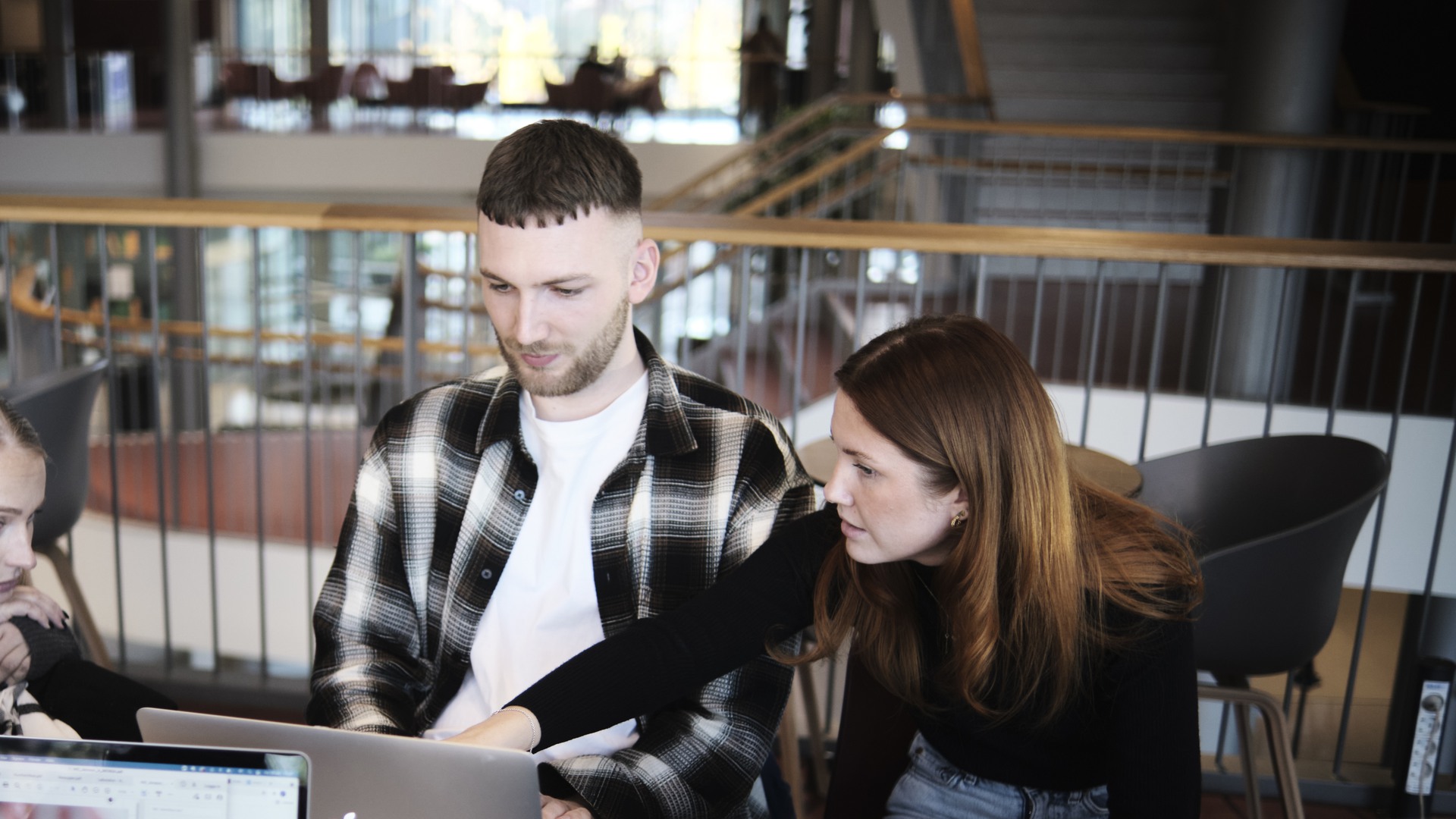IMER Research Areas
About the course
During the Spring 2026, the following modules will be offered:
- War-Forced Migration: Core Issues (15 credits)
- Race, Privilege, and Social Justice (15 credits)
Course content
This course develops knowledge and understanding of central issues in international migration and ethnic relations (IMER). It draws on ongoing research at the department and the expertise of the teaching researchers. The aim is both to develop an understanding of state of the art knowledge in the field and to examine how such knowledge is and can be produced. In so doing, the course consistently combines and integrates theoretical and methodological queries. No previous IMER courses are required, but rather a general acquaintance with key scientific criteria and academic literacy in the social sciences.
The course’s underlying pedagogical philosophy is that the generic intellectual skills of critical thinking and independent analysis are best developed in delimited thematic contexts, in which the connection between knowledge about (findings and theories) and knowledge how (methodology) are most visible and open for scrutiny. To this end, the course is focused on key problems and questions in contemporary IMER research, and benefits from the expertise and current research in the department. Apart from offering students in-depth knowledge on a selected set of subjects in the IMER field, it also develops a more profound and general understanding of what it means “to know” something and how such knowledge is produced in the social sciences.
The course is divided in two modules (15 + 15 credits), each of which consists of one general (7.5 credits) and one specific (7.5 credits) part. The first introduces the field, key concepts and theories, important findings and main controversies through a series of lectures and seminars with assigned readings. The second, specific part consists of individual work on a more specific topic within the wider area, in which students in dialogue with the teacher(s) select and review a particular research field. The reviewed material can be either secondary or primary. Teaching in the second part is organized as a series of supervision workshops where students and teacher(s) meet and discuss selection and assessment of their respective research fields.
The aim of the course is to offer first-hand, research-embedded knowledge by experts in the field, which means that the exact content every year will depend on the teaching researchers. The exact content of the course, including readings, is announced every Fall, at least two months before the course starts.
Entry requirements and selection
Entry requirements
General eligibility for university studies and English 6 + 30 credits within Social Science
Selection
University credits completed 100%
Course literature
Current literature list is available in the syllabus for the course
Course evaluation
Malmö University provides students who participate in, or who have completed a course, with the opportunity to express their opinions and describe their experiences of the course by completing a course evaluation administered by the University. The University will compile and summarise the results of course evaluations. The University will also inform participants of the results and any decisions relating to measures taken in response to the course evaluations. The results will be made available to the students (HF 1:14).


